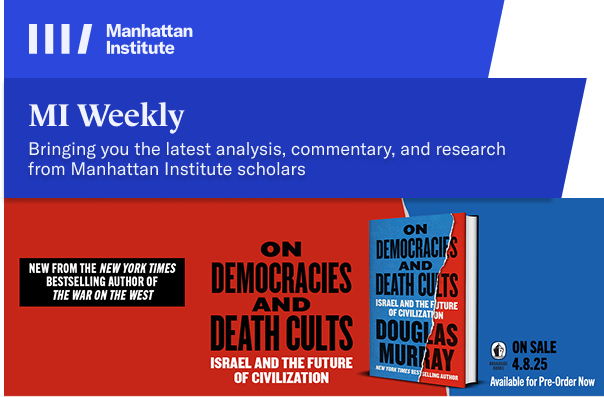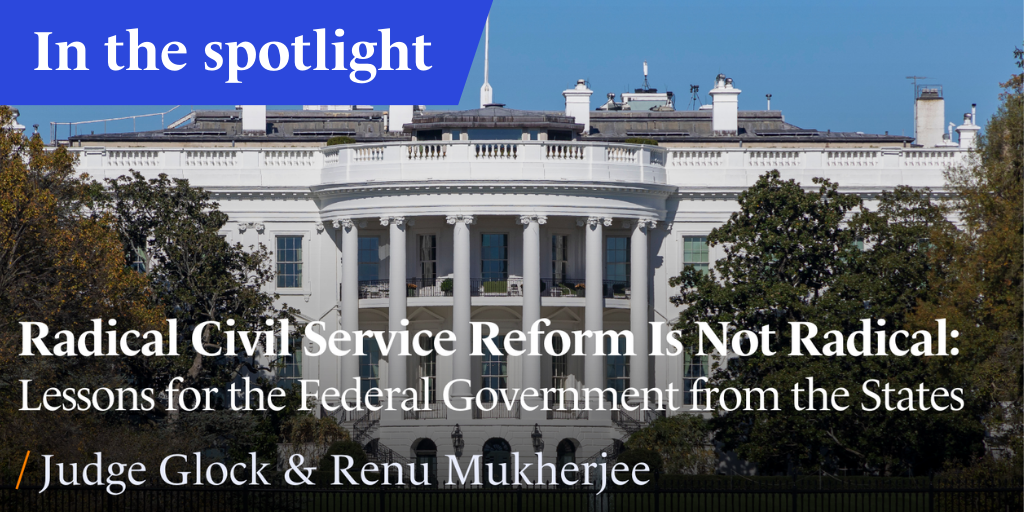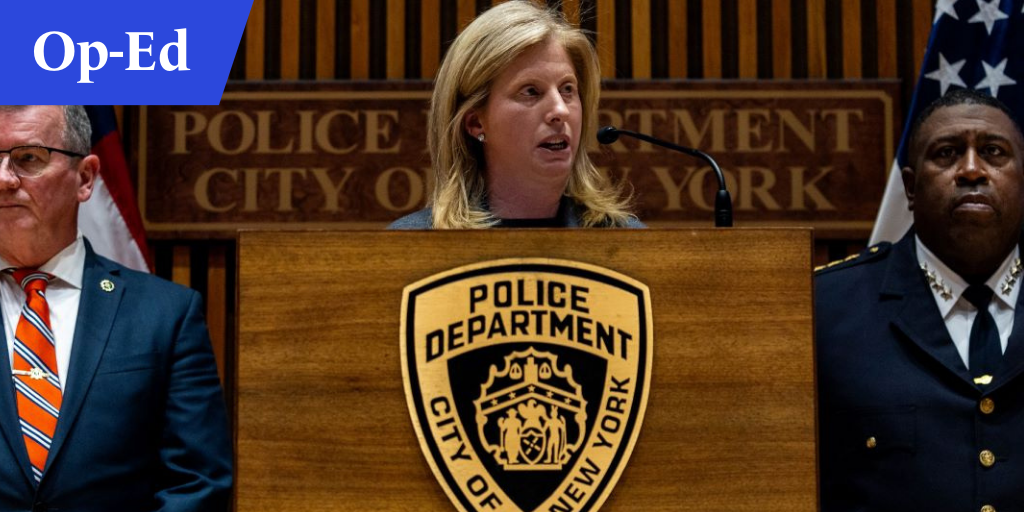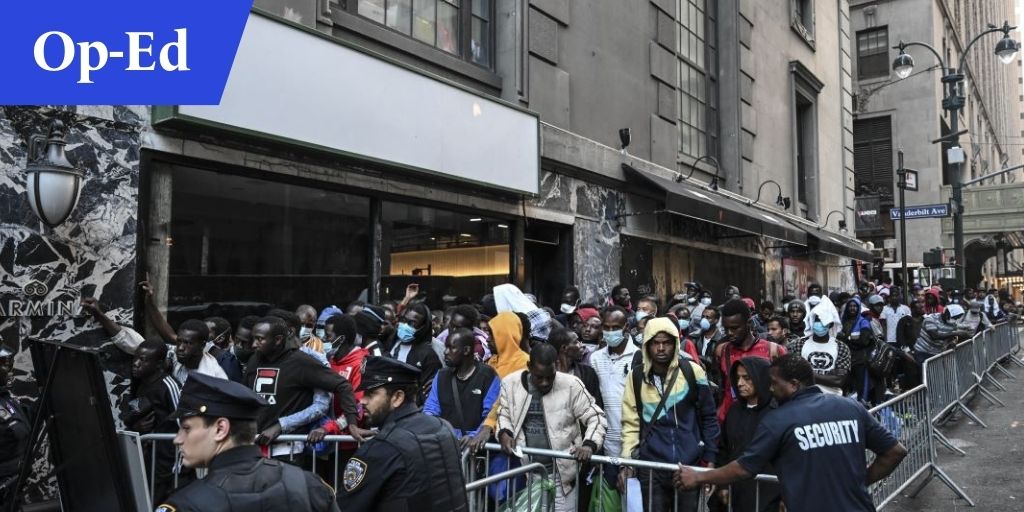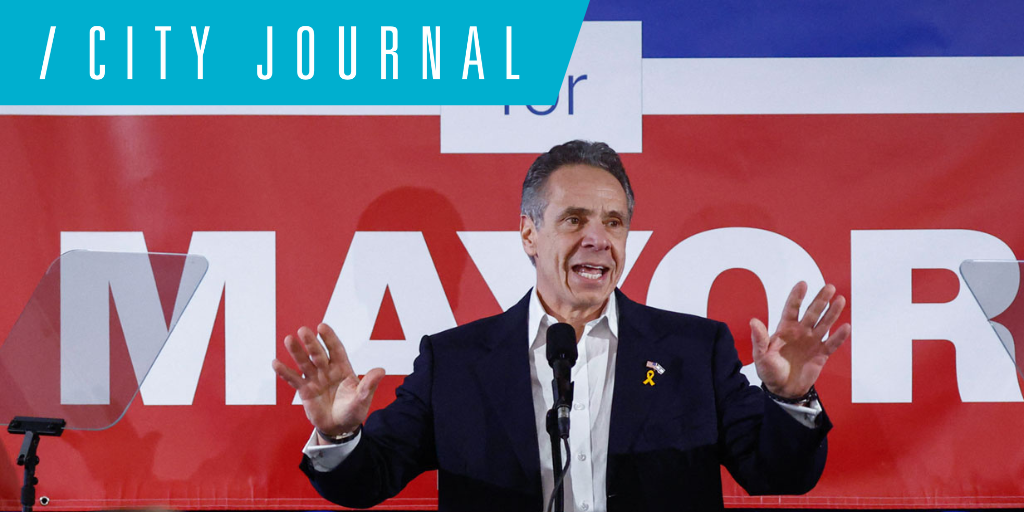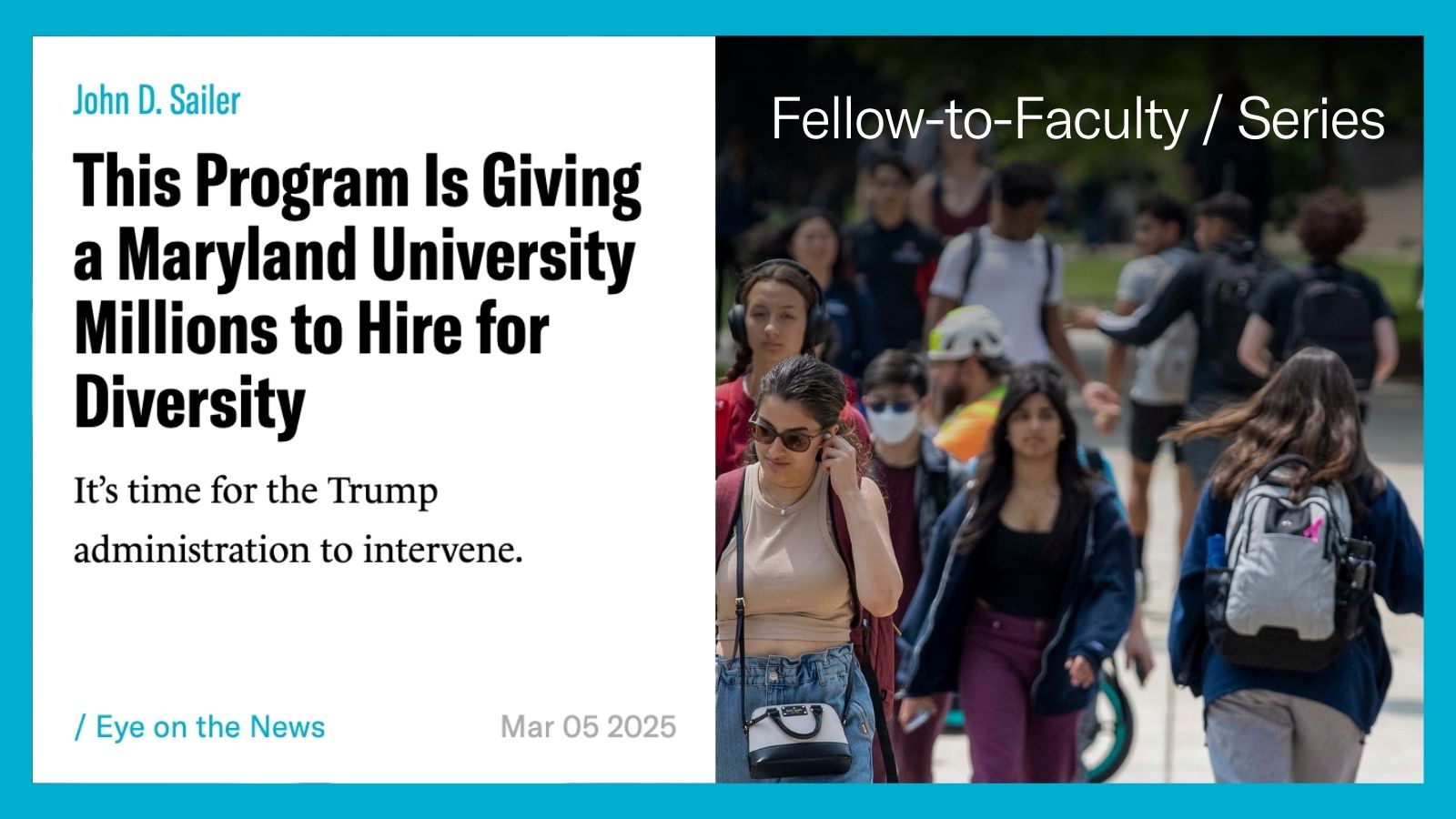Good morning,
As the core of the largest metropolitan area in America, and a short train ride away from the nation’s capital, what happens in New York City has a big impact on the country as a whole. This week, Manhattan Institute scholars weighed in on New York news while also discussing the national implications.
The day before multiple big-city mayors, including NYC Mayor Eric Adams, testified before the House Oversight and Government Reform Committee on their cities’ sanctuary status for unlawful immigrants, Nicole Gelinas looked back on how the migrant crisis brought out the worst traits of former President Biden and Mayor Adams. Writing in the New York Times, Gelinas said, “Biden seemed oblivious. Adams seemed too eager, signing no-bid contracts, vulnerable to corruption.”
With a new entry in the NYC mayoral race, Adams looks more vulnerable than ever. Former New York governor Andrew Cuomo launched his bid for Gracie Mansion on Saturday and, in City Journal, John Ketcham writes that Cuomo’s campaign hinges on convincing voters that “his hallmark competency will hold good in the city.” New Yorkers want improvements in crime and quality of life and are looking for a candidate who can deliver.
Where the mayor has fallen short, perhaps the NYPD can fill in. In the New York Post, Charles Fain Lehman encourages New Yorkers to be cautiously optimistic about the police commissioner’s new division focused on quality-of-life issues. To be successful, NYPD officers will have to listen to the community. Public complaints about stench, noise, drug use, or homeless encampments are the right metric for understanding and measuring disorder in our cities.
Elsewhere at MI, the Research team published a major new report on civil service reform that can provide valuable lessons for the efforts at the federal level. Judge Glock and Renu Mukherjee lay out four major reforms implemented by around 20 states since the 1990s and explain how states’ experiments in reform are no longer experimental. What was once known as “radical civil service reform” is now commonplace and is generally successful and popular.
A second research publication, by education scholar Danyela Egorov, reviews the data on chronic absenteeism in New York City schools and warns that repeatedly missing class is more than an education issue, it has quality-of-life consequences for children and, eventually, the rest of us.
Finally, we are proud to announce John D. Sailer is publishing an ongoing series, based on thousands of pages of documents acquired through public records requests, dozens of interviews, and original investigative reporting, on how universities use a “fellow-to-faculty” pipeline to get away with seeding academic institutions with ideological activists. The multi-part series launched late last month, and you can read the rolling installments at City Journal.
Continue reading for all these insights and more.
Kelsey Bloom
Editorial Director
